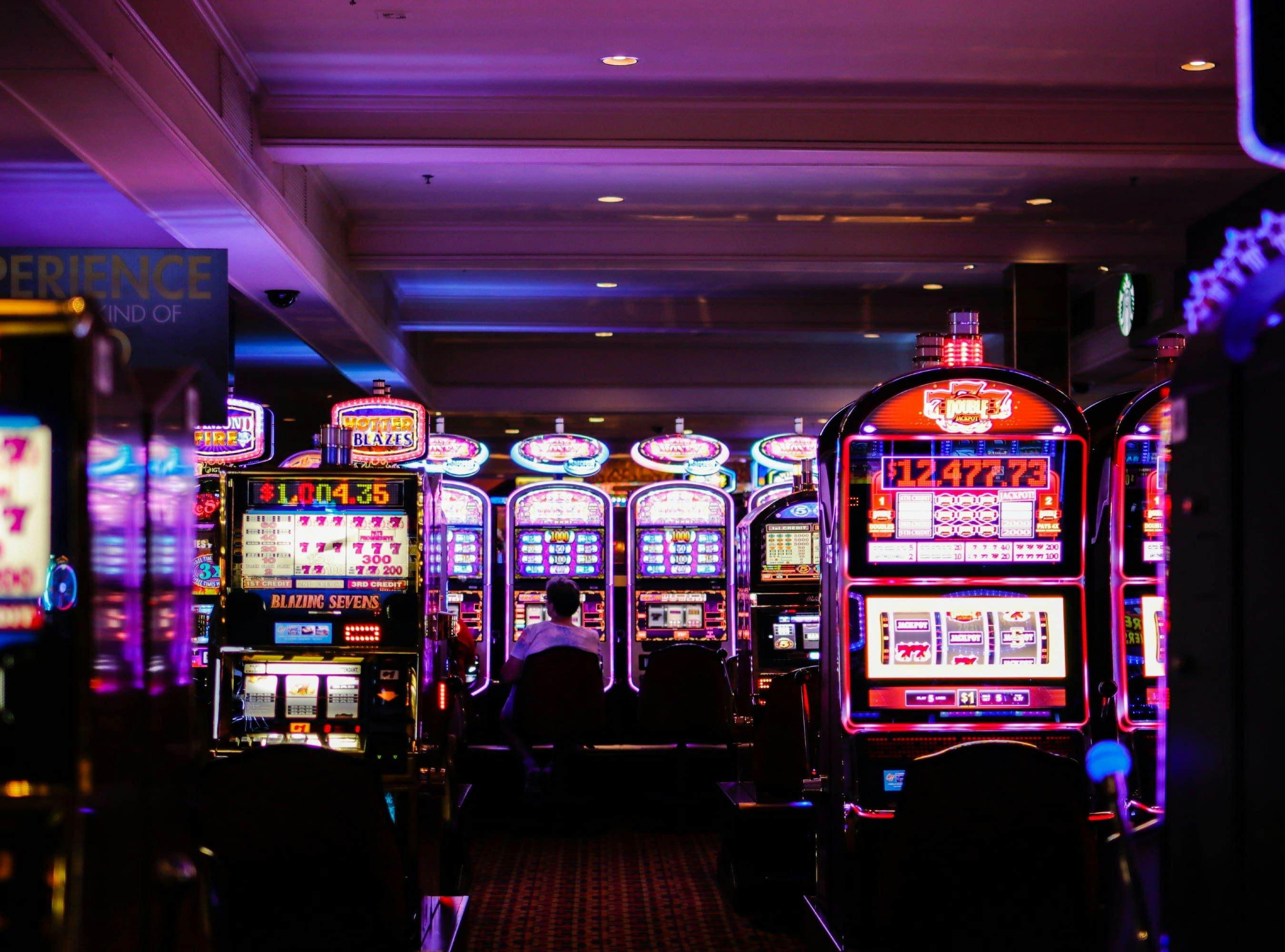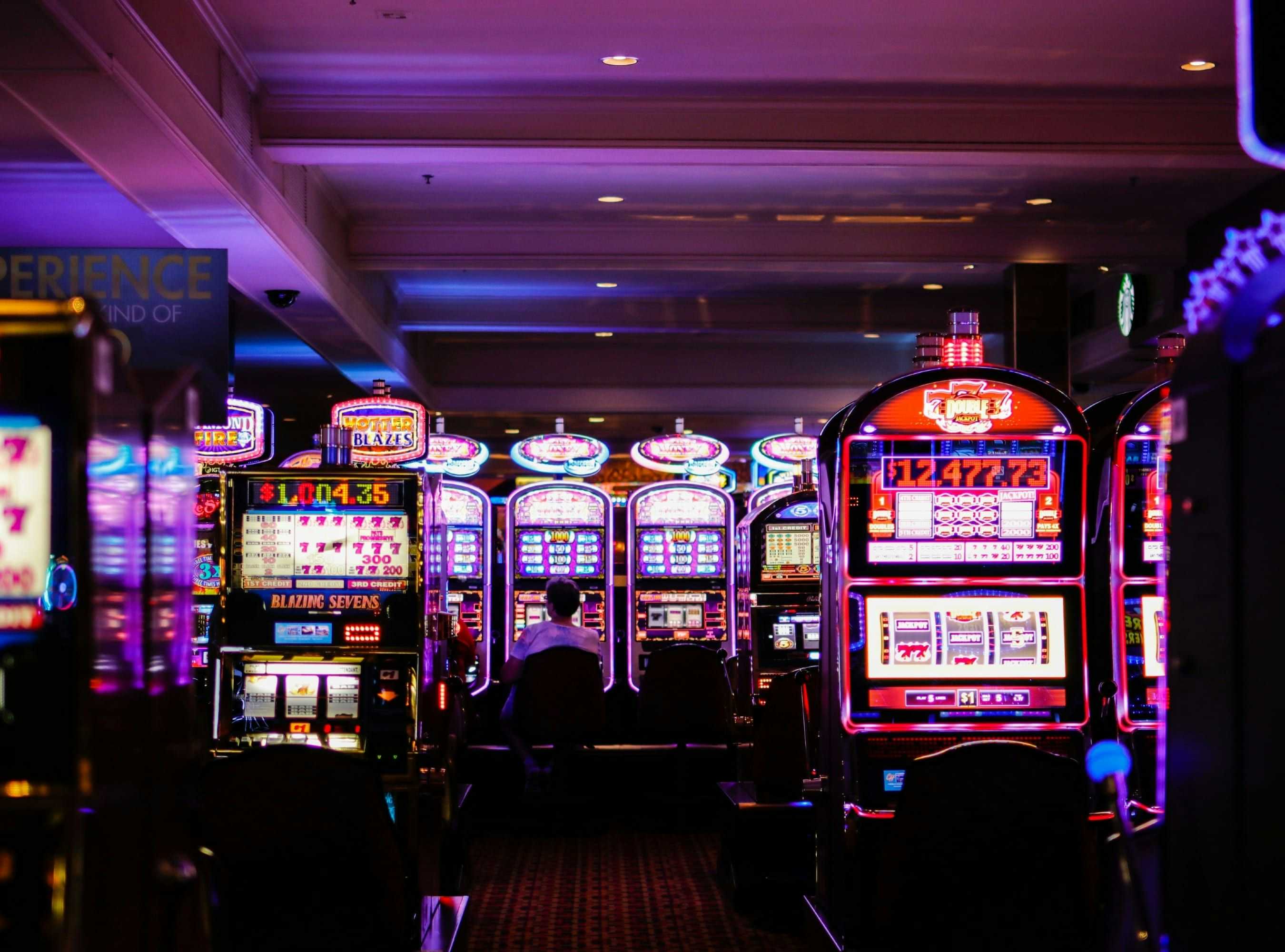In early August 2020, Nevada lawmakers passed a controversial bill to issue COVID-19 health protections within the state’s hospitality industry. Senate Bill 4, signed into law by Governor Steve Sisolak on August 11, 2020, provides a number of health and safety measures for hospitality workers as well as certain legal liability shields for Nevada businesses.
Despite its support for hospitality workers, the bill has drawn criticism. Many critics argue that by only covering workers in the hospitality industry, the new law doesn’t go far enough to protect Nevada’s workforce as a whole. Since the bill also shields many Nevada businesses from liability for COVID-19 transmissions, this also makes it harder for workers to hold their employers accountable if they become sick.
Protections for Hospitality Workers
The new Nevada law requires businesses to enact a number of health-related regulations to afford greater worker protections in the hospitality industry. These include COVID-19 tests for workers returning to work, as well as a minimum of 10 days paid leave for workers who have tested positive for the virus. Hotels and casinos are also required to notify employees within 24 hours if it’s discovered they were exposed to someone with the coronavirus.
The bill also enacts new directives for hospitality venues, including hotels and casino resorts. These venues are now required to frequently clean high-touch surfaces, such as elevator buttons and key cards. These Nevada hospitality venues are also subject to regular inspections by state health officials.
Business Liability in Nevada
Beyond offering greater worker protections, the new law also provides liability protection to Nevada businesses. The bill expands immunity from COVID-19 related lawsuits to nearly all businesses, nonprofit organizations, and government agencies. To enjoy immunity under the new rules, Nevada businesses and other entities must adhere to a few key standards as well as meet health and safety requirements at the federal, state, and local levels. In addition, immunity is not extended to entities that cause a COVID-19 transmission due to gross negligence. The new regulations include enforcing social distancing so that employees remain at least six feet apart from one another and from hotel or casino guests. They also include extensive cleaning and disinfection of both employee-only and guest areas.
For most Nevada hospitality businesses, the biggest change will likely be the requirement to create and follow a written COVID-19 response plan. Such plans must focus on how to monitor employee and guest health and how to respond to cases of COVID-19. With these new business protections, Nevada joins a dozen other states that have already taken measures to reduce potential business liability for COVID-19 transmission.
Potential for COVID-19 LItigation in Nevada Courts
Senate Bill 4’s requirements will be further spelled out in state regulations, likely to be issued from the state health department. In the meantime, many hospitality businesses and employees have already begun implementing new cleaning routines, break time schedules, and other measures designed to reduce the spread of COVID-19.
Despite these measures, however, cases of the novel coronavirus are likely to continue appearing in Nevada hotels and casinos. Though the bill does provide some additional protections for workers, it also limits the ability of workers and guests to seek damages if they contract the virus while working in or visiting a Nevada hotel or casino. To prevail in such a case, plaintiffs will need to demonstrate that the hospitality business in question acted with gross negligence or with intent to transmit the virus.
Senate Bill 4 very well may reduce the number of COVID-19 claims in Nevada courts. Claims that do appear, however, will focus heavily on how COVID-19 is transmitted. Experts in epidemiology and virology, as well as in deep cleaning processes and management of public spaces like hotels and casinos, will likely be called upon to contribute their knowledge to these cases.




